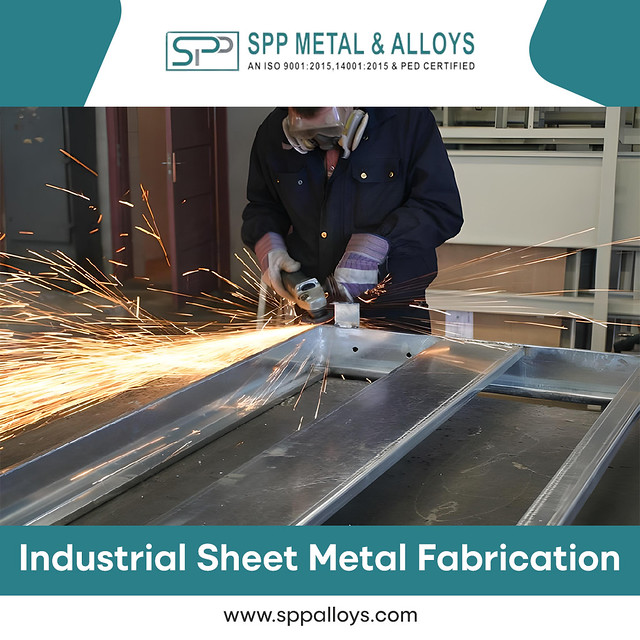Alloy Sheet Metal: A versatile and stainless steel plate supplier durable material for various applications
Introduction:
In today’s fast-paced manufacturing industry, alloy sheet metal has emerged as a valuable material due to its superior properties. This article aims to shed light on the manufacturing process, characteristics, advantages, usage methods, factors for selecting this product, and conclude with its significance in various industries.
Manufacturing Process:
Alloy sheet metals are typically produced by combin stainless steel plate supplier ing two or more metallic elements through a fusion process. The molten mixture is then cooled and solidified into flat sheets of varying thicknesses. These sheets undergo further treatments such as rolling or annealing to enhance their mechanical properties.
Characteristics:
The alloy sheet metal possesses several unique qualities that make it an ideal choice for numerous applications:
1. Strength and Durability: Alloy sheet metals display exceptional strength-to-weight ratio, makin alloy sheet metal g them suitable for structural components requiring high load-bearing capabilities.
2. Corrosion Resistance: Many alloys contain corrosion-resistant elements like chromium or nickel which protect again Tinplate st rust and degradation even in harsh environments.
3. Heat Resistance: Certain alloy compositions offer excellent thermal conductivity and resistance to high temperatures needed in aerospace or automotive applications.
4. Ductility: Alloy sheets can be easily formed into complex sha Steel sheet pes without sacrificing their integrity, allowing manufacturers to create intricate designs efficiently.
Advantages:
Compared to traditional materials such as steel sheet or copper plate, alloy sheet metals have evident benefits:
1. Weight R

eduction: The lightweight nature of these alloys allows designers to optimize energy-efficient structures while reducing transportation costs.
2. Cost-effective Solutions: Alloy sheets often provide cost savings due to their longer lifespan compared to conventional materials that require frequent replacements.
3. Versatility: With a wide range of available compositions tailored towards specific requirements, alloy sheets find utility across many industries like constru Metal plate ction, aerospace, electronics fabrication etc.
Usage Methods:
Alloy sheet metal finds extensive use across multiple sectors due to its versatility:
– Construction: Alloy sheets serve as structural elements in building facades, roofing systems, interior decorations, and HVAC ducting.
– Automotive Industry: These materials contribute to the manufacturing of vehicle bodies, engine parts, exhaust systems, and heat shiel alloy sheet metal ds due to their lightweight and high strength characteristics.
– Electrical Applications: Alloy sheets are utilized for components like connector plates or circuit boards that require durability and conductivity.
alloy sheet metal How to Select the Right Product:
When selecting an alloy sheet metal supplier, consider the following factors:
1. Quality Certifications: Ensure that suppliers comply with industry standards such as ISO 9001 certification.
2. Customization Options: Look for suppliers who can provide tailored solutions according to speci alloy sheet metal fic requirements like size variations or alloy compositions.
3. Technical Support: Reliable suppliers offer comprehensive technical assistance related to material selection, product recommendations, and design considerations.
4. Delivery Efficiency: Timely delivery is crucial; the

refore choose suppliers with a proven track record of on-time deliveries.
Conclusion:
Alloy sheet metals have revolutionized various industries by offering an array of benefits such as strength, durability, corrosion resistance,
and cost-effective solutions. With their versatility and superior properties,

alloy sheets continue to be in high demand across sectors ranging from construction
to automotive manufacturing. Carefully considering factors while selecting a supplier ensures obtaining optimum alloys suitable for particular applications,
ultimately leading to enhanced performance and efficiency in diverse projects
